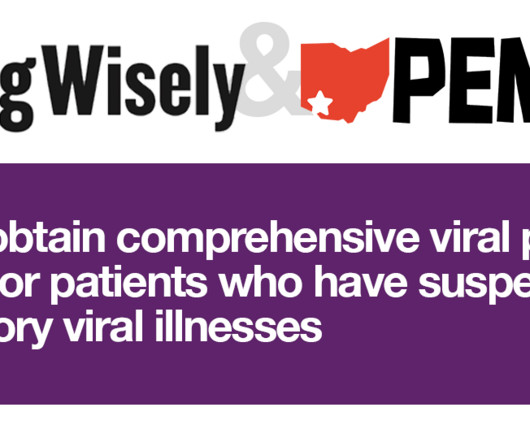3 Conditions Internal Medicine Can Treat
Hitchcock Family Medicine
DECEMBER 26, 2023
According to the American College of Physicians, a physician who specializes in internal medicine focuses on the treatment of sickness and diseases in adults. Let's look at three of the conditions that can be treated through internal medicine. Internal medicine can help with these types of problems.












Let's personalize your content